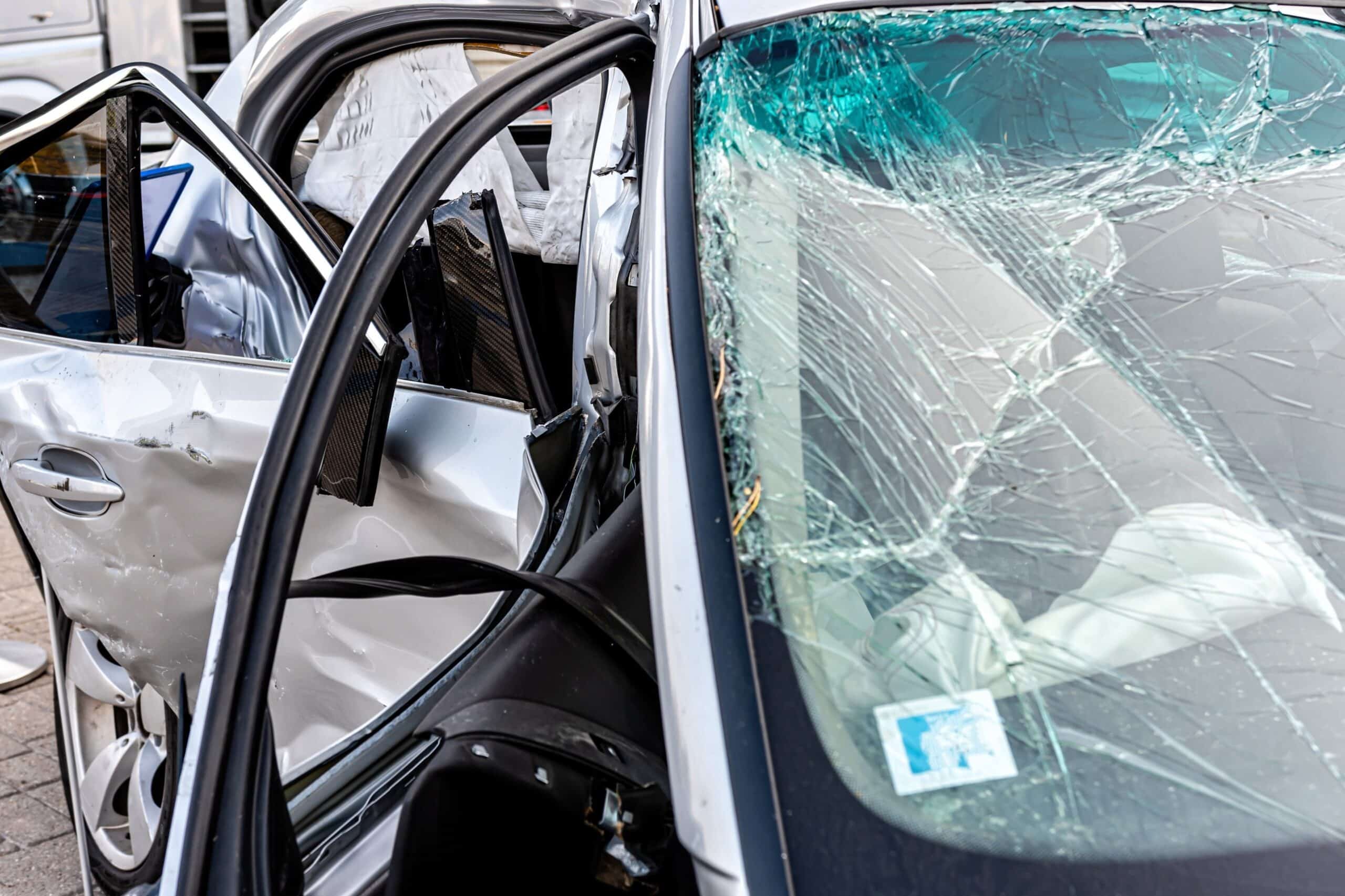Car accidents are an inescapable fact of life. Car accidents so often result in injuries,…
Buying A Car That Was In An Accident – Guest Post

Buying a car that was in an accident requires careful thought. This decision can impact your finances and safety. You need to know what to expect and how to protect yourself. Start by checking the car’s history. Look for details about the accident and the repairs. Ask questions about its condition and performance after the incident. A thorough inspection by a trusted mechanic is essential. They can spot issues that might not be obvious. Verify if the repairs meet safety standards. Ensure the car has valid documentation of these repairs. Keep in mind that buying such a car often means it’s less expensive. But, there might be hidden costs later. To navigate these complexities, The Jackson Law Group, PLLC offers expert advice. They provide valuable guidance on understanding legal rights and responsibilities. You can make a smart choice by staying informed and cautious when considering a car with an accident history.
Understand the Accident History
Start by obtaining a vehicle history report. This report reveals crucial information about the car’s past, including the nature of the accident, the extent of damage, and any repairs made. Such reports are available from trusted sources like the National Motor Vehicle Title Information System (NMVTIS). Knowing the full accident history can prevent unforeseen issues down the road.
Inspection by a Trusted Mechanic
Before making a purchase, have the car inspected by a qualified mechanic. They will assess the vehicle’s current condition, check for underlying issues, and confirm the quality of repairs. Key areas to inspect include the engine, frame, suspension, and electrical systems. A solid mechanic will help you understand if the car is truly roadworthy.
Look for Safety and Repair Documentation
Verify that the repairs meet safety standards by reviewing all documentation. This includes receipts, parts replaced, and work done. Ensure that the car aligns with safety protocols to avoid future liabilities. Proper documentation is crucial for confirming that the car is reliable and safe to drive.
Consider the Financial Implications
Cars with an accident history are generally cheaper. Yet, potential hidden costs include higher maintenance, insurance rates, and faster depreciation. Understand these factors before committing to the purchase. Here’s a simple comparison:
| Factor | Accident-History Car | Non-Accident Car |
| Initial Cost | Lower | Higher |
| Insurance | Possible Increase | Standard Rates |
| Maintenance | Potentially Higher | Standard |
| Resale Value | Lower | Higher |
Verify Legal and Insurance Aspects
When buying a car with an accident history, it’s important to understand the legal and insurance implications. Consult with experts like The Jackson Law Group, PLLC to ensure you know your rights. Also, check with insurance providers to understand how the car’s history affects your policy and premiums.
Make a Well-Informed Decision
Buying a car that was involved in an accident is not a decision to take lightly. However, with thorough research and expert guidance, you can make a confident choice. Evaluate all factors carefully. By staying informed, you can find a vehicle that suits your needs without unexpected surprises.
Your safety and financial wellbeing are paramount. Follow these guidelines to navigate the complexities and choose wisely.
